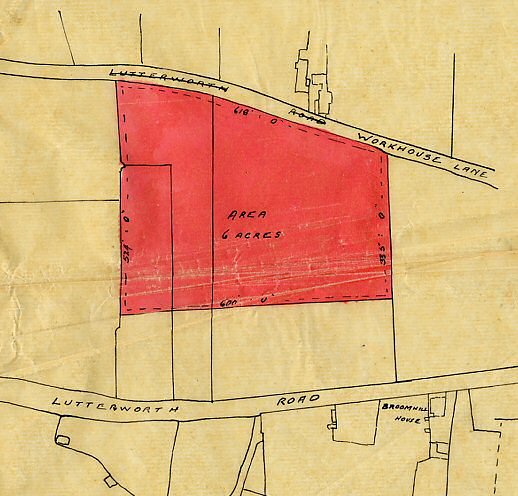Burbage Fallen
The Burbage Old Comrades
Led by Major Charles Chamberlain Hurst, they held Sports meetings,
garden shows and other social events. Every Remembrance Day they would
lead the parade to the war memorial. P.R. Hardy was Chairman and
Charles Hands a committee member.
In a newspaper report from 1926 – ‘There are over
100
members who for a small annual subscription enjoy remarkable
privileges. If a member should fall upon evil times the Association
makes a substantial weekly grant, or in times of illness and other
misfortune is always ready to offer a helping hand. By The Comrades
efforts in connection with the United Services Fund many a needy case
in the village has been given assistance. Membership is not restricted
to the village itself, and the Association includes several ex-service
men from Hinckley.’
An annual dinner was held every November. At the seventh annual dinner
in 1926, 90 members sat down to a dinner provided by the Coop in their
hall. Reports were given followed by toasts and musical entertainments.
Hurst left the village by the mid-1920’s to further his
genetic
research in Cambridge and by the early 1930’s had sold the
family
firm, The Burbage Nurseries. Perhaps by this time the Burbage Legion
was established and there was no need for an Old Comrades Association.
Comrades Land
In 1919, Charles Chamberlain Hurst owner of the Burbage Nurseries and Chairman of the Burbage Old Comrades Association allocated some of his land to be let out to the former soldiers returning from the First World War.Six acres of land between Workhouse Lane and the Lutterworth Road at the back of the Local Authority housing was divided up into narrow strips of land.
About twenty of these allotments of 1000sq yards were rented out at a nominal charge to the association members to use as allotments for growing produce and rearing poultry and small livestock. No permanent buildings could be erected but sheds caravans and garages were allowed.
There was a great demand for these allotments and a long waiting list was formed in the hope of acquiring one. The Burbage Show held annually often featured much of the produce grown on the land.
The system of letting of the land worked well until 1930 when C. C. Hurst had to sell the land as he had lost all his money in the Wall Street Stock Market crash. The tenants of the land were given first refusal to purchase their piece, which many did.
Much of the land has been kept in the original family ownership passed from father to child. There has been many unsuccessful attempts over the years for planning permission to build but as of yet the Comrades Land is still used for its original purpose.

